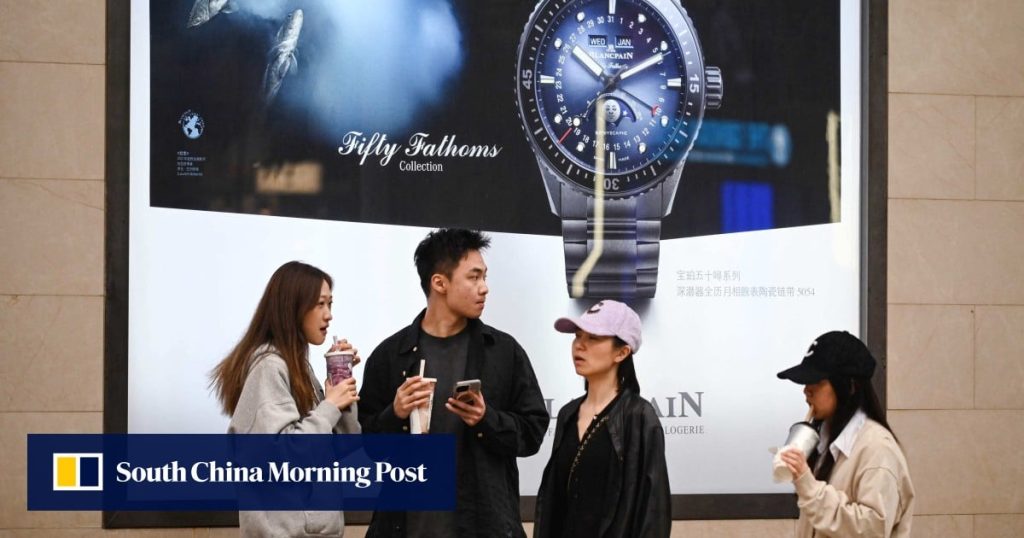Some luxury labels are pulling back from steep markdowns in China, seeking to rebuild an image of exclusivity to lure back wealthy shoppers whose spending is more immune to economic slowdown.
None of the products sold by Kering’s Balenciaga on Tmall, China’s dominant e-commerce platform, were discounted in the first quarter of this year – or even during China’s biggest annual online shopping festival in November – according to data consultancy Re-Hub. That is a marked contrast to the brand’s average discount of about 41 per cent on Alibaba Group Holding’s Tmall during the same periods a year earlier.
Versace, set to become part of Prada after a US$1.4 billion acquisition, cut prices for an average of just 3 per cent of its products on Tmall in the first quarter, compared with 12 per cent in 2024 – and the discounts were not as steep.
Italian luxury house Valentino Fashion Group also offered fewer discounts on Tmall in January, and pulled markdowns entirely in February and March.
The trend, which appears counterintuitive given sluggish demand, marks an about-turn in luxury labels’ strategy in China.
“It’s a move from chasing traffic and short-term revenues to cultivating long-term brand affinity,” Re-Hub’s CEO Max Peiro said. “This shift is not merely operational – it’s foundational. Brands are investing in relevance, desirability, and premium experiences to foster long-term loyalty.”


